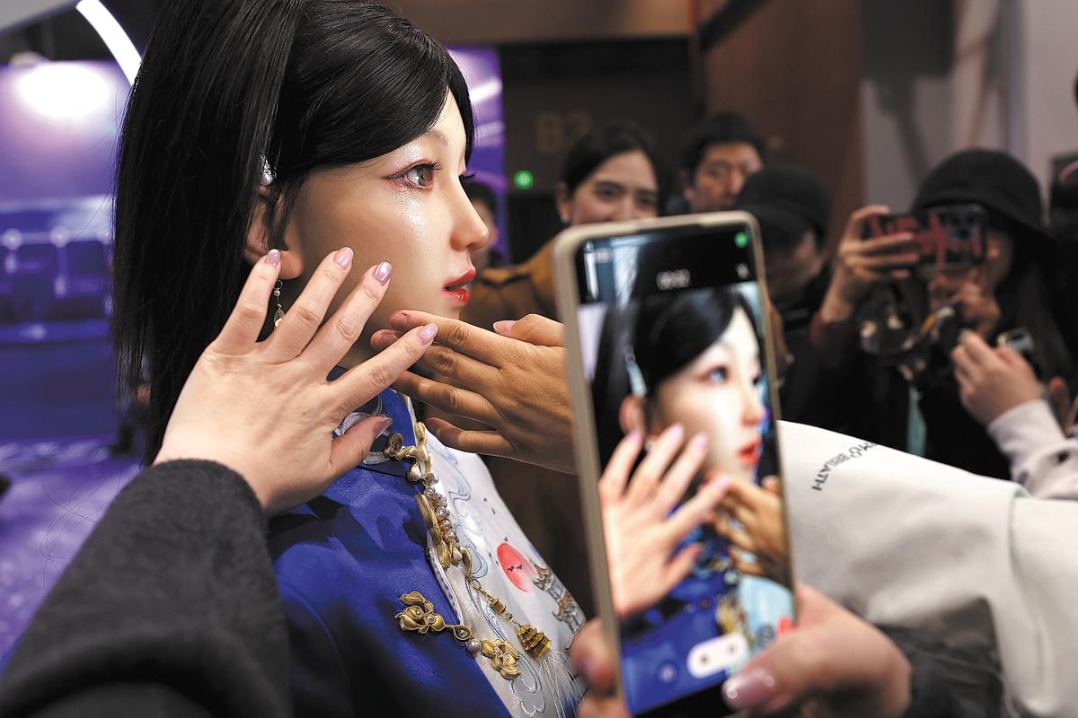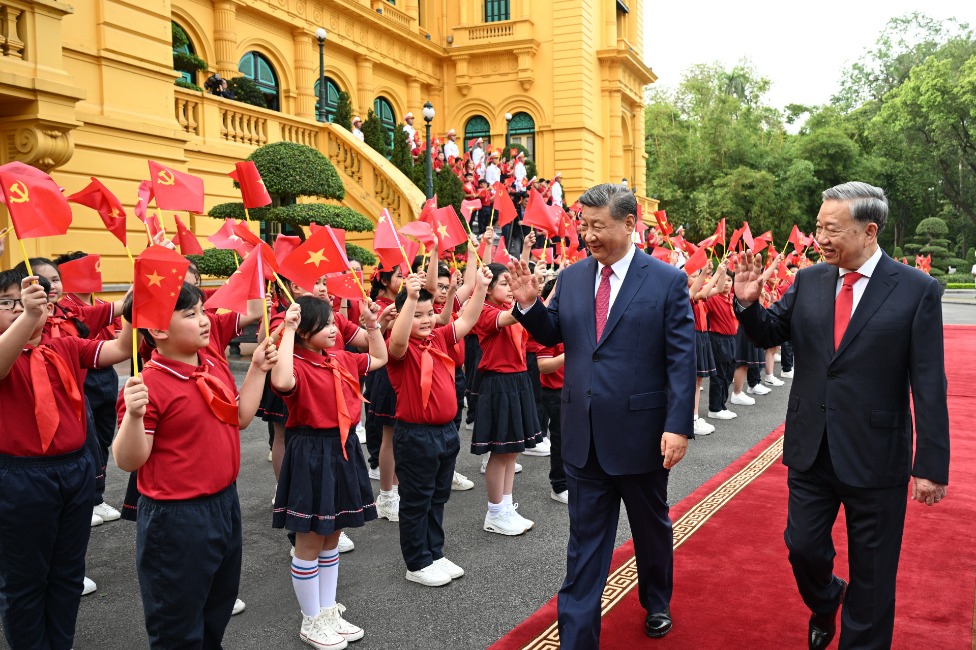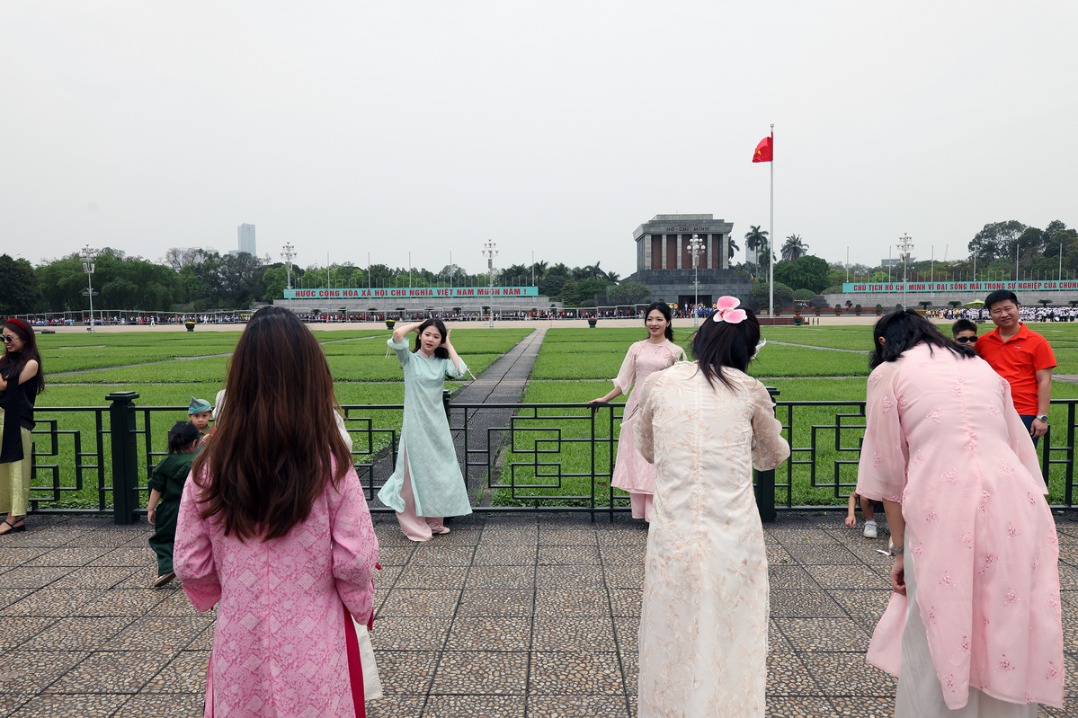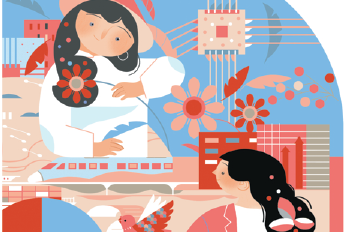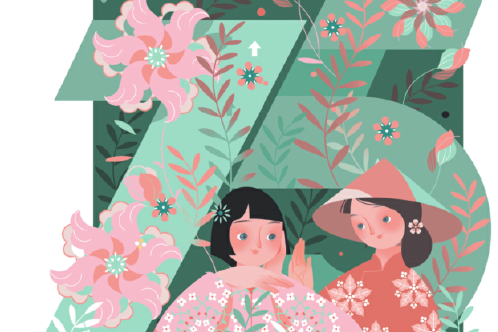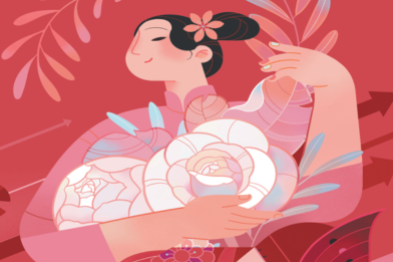The art of translation from logic to magic

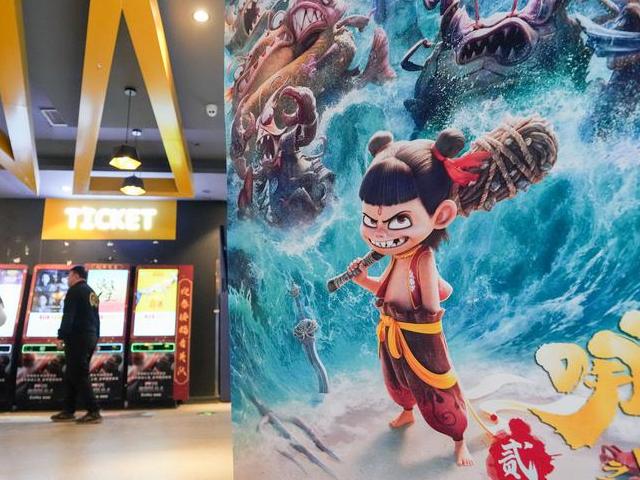
The phenomenal success of Ne Zha 2 has not only cemented its place as a box office juggernaut but also reignited an age-old debate: How do we translate the richness of Chinese culture into English without losing its essence? The recent uproar over the alleged translation of ji ji ru lyu ling as "quickly quickly biu biu biu" in Ne Zha 2's overseas versions — though later found untrue — has sparked a discussion on the complexities of cross-cultural communication.
The phrase ji ji ru lyu ling, a Taoist incantation often used in Chinese folklore and mythology, carries a sense of urgency that is deeply rooted in Chinese culture. When Ne Zha 1 was released globally in 2019, the phrase was translated as "be quick to obey my command". While this translation conveys the basic meaning, it fails to capture the phrase's rhythmic cadence and mystical undertone. An alternative translation could be "Chop-chop! Do as I command!" which, while more dynamic, may not convey the original's cultural depth.
This dilemma is not unique to the Ne Zha films. The internet is rife with examples of "Chinglish" — humorous, often nonsensical literal translations of Chinese phrases into English. "People mountain people sea" for ren shan ren hai; "good good study, day day up" for hao hao xue xi, tian tian xiang shang; and "give you some color to see see" for gei ni dian yan se qiao qiao, which means "Let me teach you a lesson", have become internet memes, amusing for their absurdity but ultimately failing to bridge the cultural divide. These examples, while entertaining, highlight the pitfalls of literal translation when done without understanding the nuances.
Yet there are instances where literal translation has succeeded in conveying Chinese expressions to the English-speaking world. The phrase "long time no see", derived from the Chinese hao jiu bu jian, was once dismissed as pidgin English, but is widely used in everyday conversation today.
Similarly, "to lose face", a direct translation of diu lian, has become a standard expression in English, even earning a place in the Oxford English Dictionary. These examples show literal translation, when done thoughtfully, can enrich the target language while preserving the source language's cultural flavor.
A more recent example comes from British actress Rosamund Pike, who, during a 2021 appearance on The Graham Norton Show, introduced the phrase tuo ku zi fang pi to a global audience. Translated literally as "taking your trousers off to fart", the phrase, which humorously describes an unnecessary action — delighted viewers with its vivid imagery and cultural specificity.
While English equivalents like "gilding the lily" or "overegging the pudding" do exist, they lack the crude charm and immediacy of the original. Pike's translation, though unconventional, succeeded in conveying the phrase's essence, proving that literal translation can sometimes be the most effective approach.
This raises an important question: Should translators always prioritize finding equivalent expressions in the target language, or is there value in preserving the source language's unique imagery and phrasing? The answer, perhaps, lies in striking a balance. Director Ang Lee's Crouching Tiger, Hidden Dragon is a prime example of how literal translation can work when done with care. The film's title, a direct translation of wo hu cang long, not only adheres to English grammar but also retains the poetic resonance of the original, contributing to its global appeal.
Likewise, Chinese-American author Qiu Xiaolong's use of "to sprout like bamboo shoots after a spring rain" in his novel, Death of a Red Heroine, shows how literal translation can breathe new life into age-old expressions. While the English phrase "to mushroom" might have been a more conventional choice, Qiu's decision to use the Chinese metaphor was praised for its freshness and poetic quality, showing that cultural specificity can be a strong quality rather than a barrier.
As China's cultural influence grows, the demand for high-quality translations of its literature, films and idioms will only increase. The challenge for translators is to navigate the fine line between fidelity to the source material and accessibility for the target audience. While traditional methods of translation emphasize finding equivalent expressions, the success of phrases like "long time no see" and "to lose face" suggests that literal translation, when done creatively and with care, can serve as a powerful tool for cross-cultural communication.
In the case of Ne Zha 2, the debate over ji ji ru lyu ling is a reminder that translation is not just about conveying meaning — it's also about capturing the spirit of the original. As audiences around the world continue to engage with Chinese culture, the art of translation will play a crucial role in bridging the gap between languages, and fostering mutual understanding. Perhaps, the end goal is not to find the "perfect" translation but to create one that resonates with the target audience, even if it means taking a few creative liberties along the way.
The author is dean of the School of Foreign Languages at Sanda University in Shanghai.
The views don't necessarily reflect those of China Daily.


















